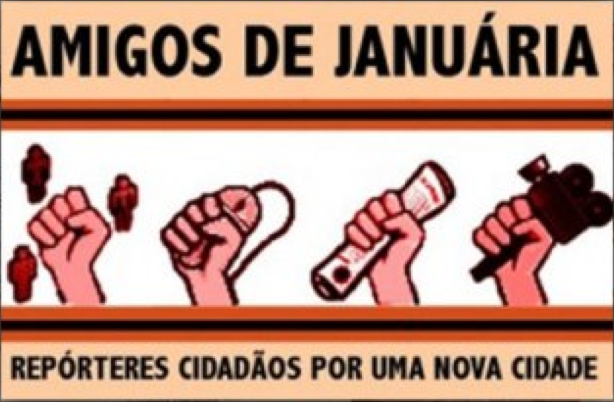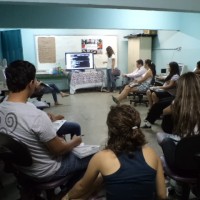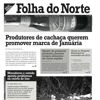Januária, Minas Gerais, Brazil – Joined Rising Voices in 2011
 The small town of Januária located in the north of the Brazilian state of Minas Gerais has had a recent history of difficulties with its local government. In the span of six years, the town has gone through seven mayors. Several of these mayors were removed because of wrongdoing [pt], including many cases of mismanagement of public funds. Because this small town with a population of 65,000 is located far from many of the urban centers in Brazil, the local government receives little or no press coverage, which is often a way to hold local public servants accountable to their constituents
The small town of Januária located in the north of the Brazilian state of Minas Gerais has had a recent history of difficulties with its local government. In the span of six years, the town has gone through seven mayors. Several of these mayors were removed because of wrongdoing [pt], including many cases of mismanagement of public funds. Because this small town with a population of 65,000 is located far from many of the urban centers in Brazil, the local government receives little or no press coverage, which is often a way to hold local public servants accountable to their constituents
Since 2004, a local organization called the Association of Friends of Januária (Asajan) has been raising awareness about the issue of local governance among the town's residents. Through investigative journalism work and public awareness campaigns, Asajan has been championing transparency and accountability for Januária's local government. Much of this work has been made possible by one of Asajan's founders, Fábio Oliva, who is an active blogger himself and who has been writing about issues of civic engagement. In 2008, Brazilian multimedia journalists Amanda Rossi and Jamila Venturini filmed a documentary [pt] about the work of Asajan and about the ongoing needs of the local community, with a focus on Asajan's work holding public officials accountable.
Asajan seeks to include more local participation in its work of monitoring the municipal government and its budgets, as well as learning about ways to access public information regarding their town. The first phase project was led by Rossi and Venturini, in close collaboration with Oliva, Asajan, and others, where it engaged residents of the town, especially focusing on youth, teaching them how to use citizen media tools for greater civic participation. The participants posted on a collective blog, using digital video and photography as a way to document the issues facing the town and to monitor the local government's response to these needs.
Following the conclusion of the first phase, participants who took part in the training decided to keep the blog going using the lessons that they learned when the project started in 2011.
Find Them on the Web:
- Project Website: Amigos de Januária
- Videos: YouTube
- Photo: Flickr RSS
- Twitter: @Januariasfriend [en]
- Twitter: @AmigodeJanuaria [pt]
- Amigos de Januária
- Project Blog: Friends of Januária RSS





